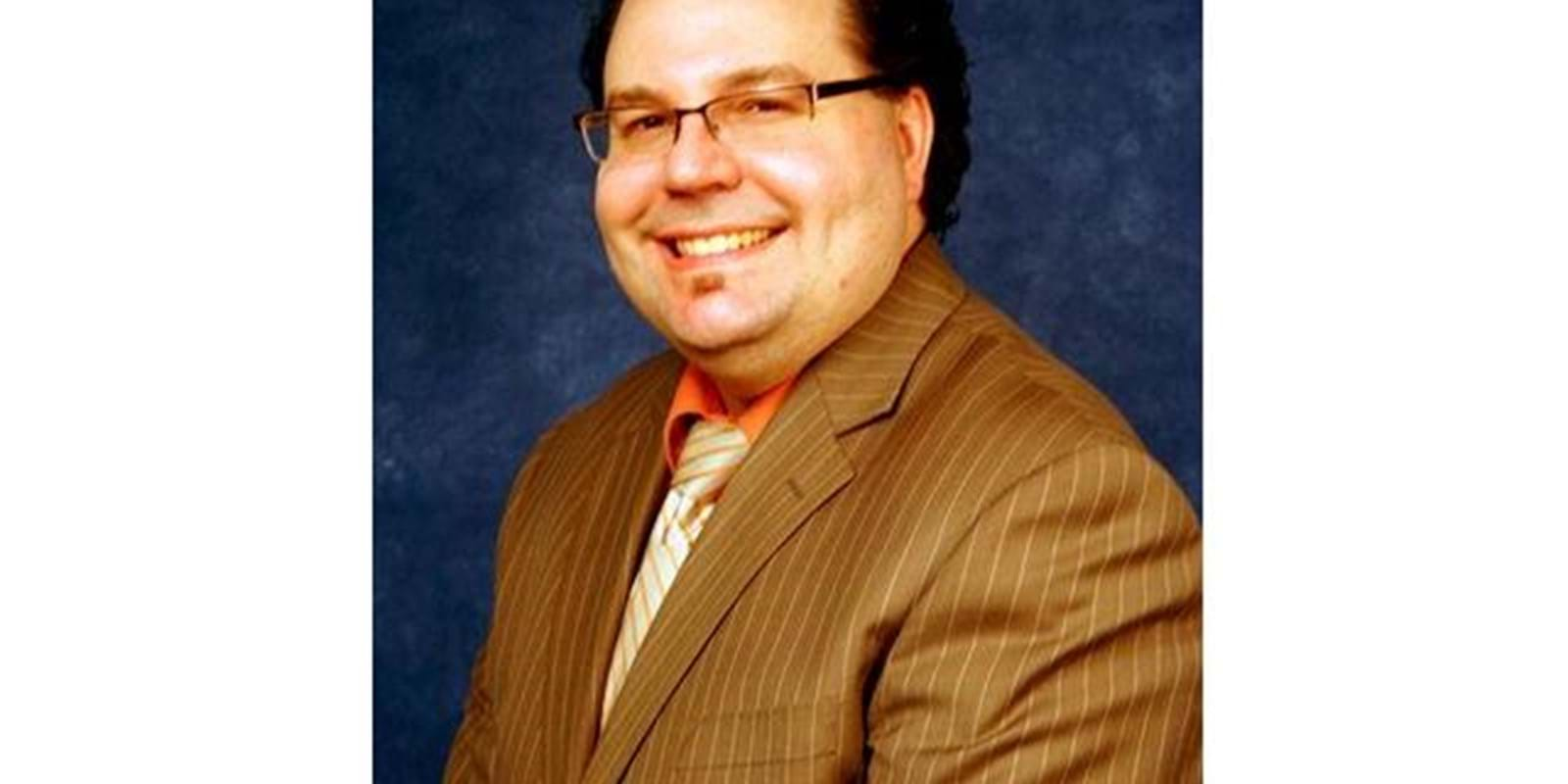The responsibility of the owner or of the guardian of a thing.
The rule of article 1465 of the Civil code of Quebec states the following: «1465. A person entrusted with the custody of a thing is liable to reparation for injury resulting from the autonomous act of the thing, unless he proves that he is not at fault.”
This article thus renders the owner of a piece of property libale when it causes damage to a third party. However, this same article provides the owner a means of defence based on the absence of fault when there has been an “autonomous” act of the property. Thus the owner must be able to prove that he has not used or strored the property carelessly to the point of constituting a fault, or that he did not fail to maintain of this property so as to cause it to operate improperly or to deteriorate in a way which causes a later damage
At present, the case law on the question is inconsistent and is the subject of a controversy.
Application in divided co-ownership
The members of the Board of Directors as well as the building manager can be confronted with various situations:
For example, the washing machine of a co-owner overflows for reasons that are unclear, thus causing significant damage to the co-owner's unit, to those of the other co-owners and to the common portions. The syndicate of co-ownership holds the co-owner responsible for the damage caused, and depending on the extent of the damage, the co-owner's liability will be be limited to the amount of the syndicate's insurance deductible if it makes a claim, or for the full cost of the damage when it is less than the amount of the deductible. In either case, the co-owner can choose to send this civil liability claim to his insurer.
In the vast majority of cases, just how well how well the file evolves from this point will depend on whether the co-owner's liability insurer admits that the co-owner is responsible, because of the provisions of the declaration of co-ownership, and not by the general article 1465 C.c.Q. The majority of the declarations of co-ownership include provisions which are of contractual nature, which render the co-owners responsible for the damage caused to the building. Here is an example of a standard clause encountered frequently:
“Responsibility: - Each co-owner is responsible, with regard to the other co-owners, for dammage caused as a consequence of his acts or his negligence and/or those of his employees, tenants, guests or members of his family, or the damage caused by a thing for which he is legally responsible.”
It often occurs that the co-owner who is held responsible, or his insurer, are unaware that the declaration of co-ownership contains this type of clause. In many cases, and usually when the syndicate brings it to the co-owner's attention, or to his insurer, the insurer will compensate the syndicate for the cost of the repair work.
In other cases, the co-owner and his insurer will insist that article 1465 C.c.Q. applies, especially in the cases of a faulty operation of a piece of property. They will argue that the co-owner committed no fault when using or maintaining the appliance. In this case the co-owner and his insurer will deny all responsibility and will refuse to compensate the syndicate for the damage it has the duty to repair. Faced with such a refusal, the syndicate will have no other alternative than to pay for the cost of work out of its operating budget. However, a judgement rendered by the Court of Quebec, Small Claims division, in the matter of Syndicate of the co-owners “Le Condo” 1820 vs Boyer and Desjardins Assurances Générales1 seems to deny the possibility of a defense based on the argument that the owner of the item of property committed no fault.
In this case, the co-owner's toilet cracked and caused significant water damage to five units in the co-ownership. The syndicate was compensated by its own insurer for the damage, but sued the co-owner for re-imbursement of the 2500$ insurance deductible, which is, as a matter of fact, allowed by its declaration of co-ownership and case law. In his defense, the co-owner and his insurer argued that they were entitled to the defense provided by article 1465 C.c.Q., i.e. the absence fault because it was not the co-owner who had broken the toilet, which actually cracked on its own.
For its part, the syndicate agued that the co-owner was liable because of a clause in the declaration of co-ownership identical to the one referred to above, which is contractual in nature.
In its judgement, the Court stated: “… in the circumstances of this case, the concept of fault is not in question and the controversy in the case law on the issue of the interpretation of article 1465 C.c.Q. is not relevant. Indeed, in the declaration of co-ownership, each co-owner agreed to assume liability for the damage caused by an item of property for which he is legally responsible. ”
In light of this judgement, it seems clear that a co-owner's liability for the damage caused by an item of his property is based on the contractual nature of the declaration of co- ownership, which is opposable to all the co-owners, and cannot be the subject of a defense based on the absence of fault.
As the content of the declaration of co-ownership can vary, as well as wording of clauses of this kind, a careful examination of your particular declaration of co-ownership will be necessary.
Note 1: February 12, 2010, the Honourable Gerald Locas, J.C.Q, 2010 QCCQ 1793

